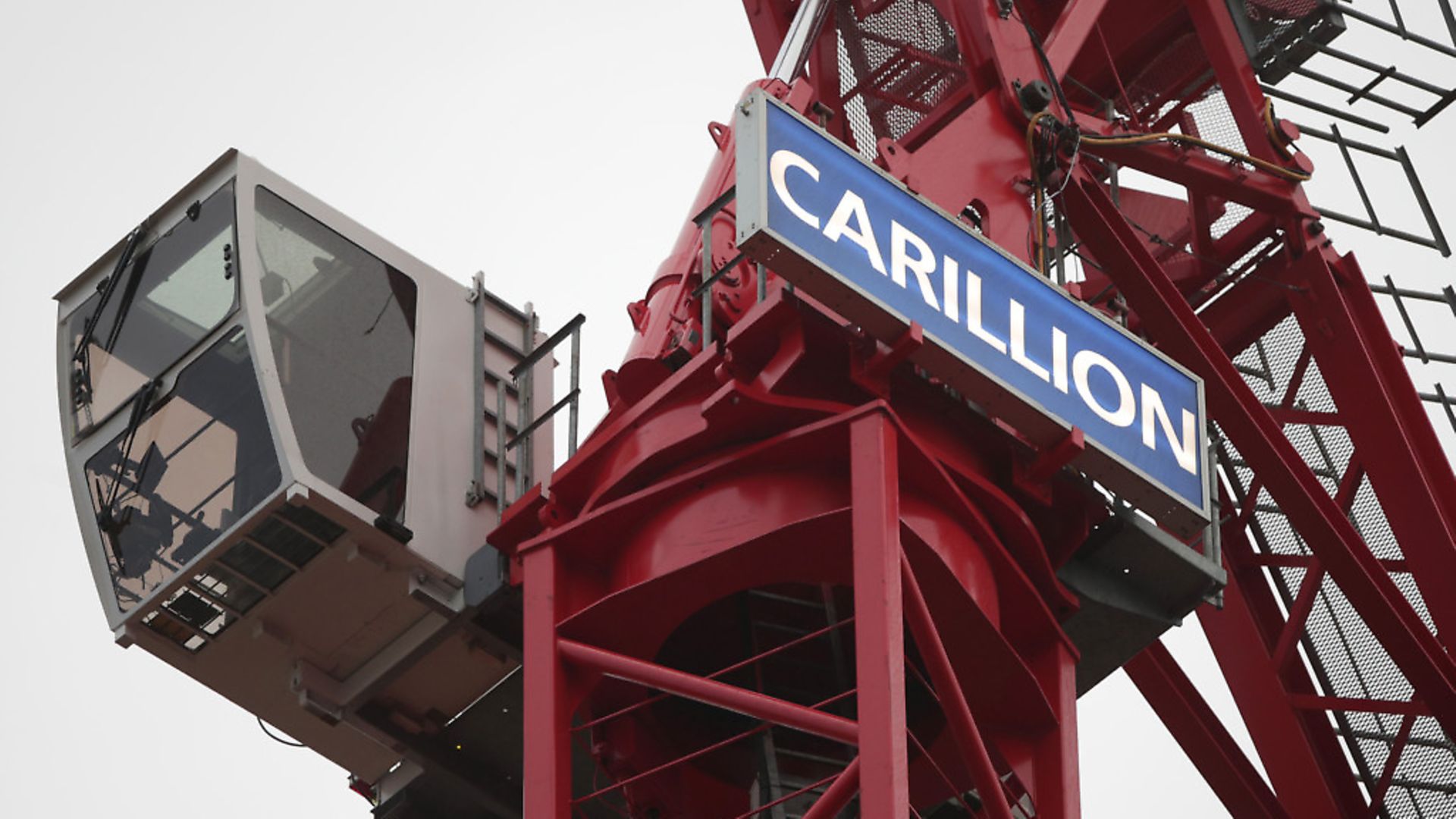
The collapse of Carillion has put the world of public sector outsourcing and contracting in the spotlight. COLIN TALBOT, who has seen such deals from the inside, explains the perils involved.
In my career, I have been involved in bidding for contracts, helping design them and working alongside private contractors in several projects. And as an academic, I have also studied them over the years. There are always three basic questions to be asked when a public or government organisation is thinking about purchasing goods or services.
The first is – what do we want? Specifying exactly what you want to buy is notoriously problematic. In many cases there are competing demands from within about what is wanted from without. Reconciling these conflicts is never easy and often results in fudged specifications.
The longer the delivery period, the more the specification is likely to change. Major IT and defence equipment projects are infamous for this – they mutate and evolve over time and often end up quite a long way from the original vision of what was wanted.
In the 1980s I worked for a London borough on the implementation of housing benefit. I was a council officer, working in partnership with a leading IT company. Policy kept evolving, both from central government and locally, so the system we were developing kept changing too. The IT company loved it, because every variation earned them extra money. But it was a nightmare trying to deliver it.
To know what you want, you need people with an intimate knowledge of the ‘business’ you are buying for. In the Civil Service, most top people are generalists who move from job to job, organisation to organisation, on a regular basis. They rarely have a deep understanding of how things work in their current organisation, and that makes it difficult for them to specify what is needed.
Ministers also rotate, sometimes at dizzying rates. And even when they don’t, today’s political priorities may not be the same tomorrow. All this makes specifying public sector contracts incredibly hard.
All these problems are further complicated by the nature of the contracting process itself, which creates the second major set of issues. At the moment, there are EU rules that require all major contracts to be openly tendered and available to all EU providers. In addition, central government and other public bodies have their own rules about tender processes.
Over more than a century, countries like the UK have painfully created tendering and purchasing processes that are open, fair and free of corruption. These have been hard-won gains, but have come at a price: tendering processes are often overly bureaucratic and clunky. The sort of ‘relational’ contracting that exists in much of private sector – where organisations simply make a choice of who they want to work with as partners – are much harder to develop in the public sector.
Coupled with a lack of commercial experience and just plain lack of resources, this can produce comical results. In a recent large tender process for training, the ITT (invitation to tender) documents included a section on providing laundry services. The documents had obviously been cut and pasted together from other tender processes.
The final issue is ‘who can tender’? The concern that Carillion has raised is ‘due diligence’ in ensuring contractors can actually deliver, and continue to do so for the duration of the contract. There have been several instances where providers have failed to do this. But checking this is usually low down the priority list of concerns.
Essentially any large, apparently stable, organisation will be considered OK to contract with.
Another problem is that in many areas of public services, there has always been an effective monopoly of public organisations. That means there are no private sector suppliers with long experience of providing those services. Of course, there are areas where there is expertise in the private sector – construction being a prime example – but there are also many where there aren’t, or haven’t been in the past: prisons, schools, etc.
What has happened with some private sector providers – Carillion being a prime example, but there are others – is that they have branched out from an area where they did have some expertise (in their case construction) into lots of areas where they really didn’t. They have become experts in the difficult art of winning public sector contracts. They moved further and further from their core competence in construction, through maintenance to providing services in which they had no experience at all. There are several companies on similar trajectories. Their lesson shows us the complexities of such contracting. Yet, it will always be with us. To paraphrase the Bard, ‘if it has to be done, t’were best it was done well’. We’re still on a learning curve, not helped by ideological and party-political knock-about.
Colin Talbot is a research associate at the University of Cambridge and professor of government (Emeritus) at the University of Manchester









